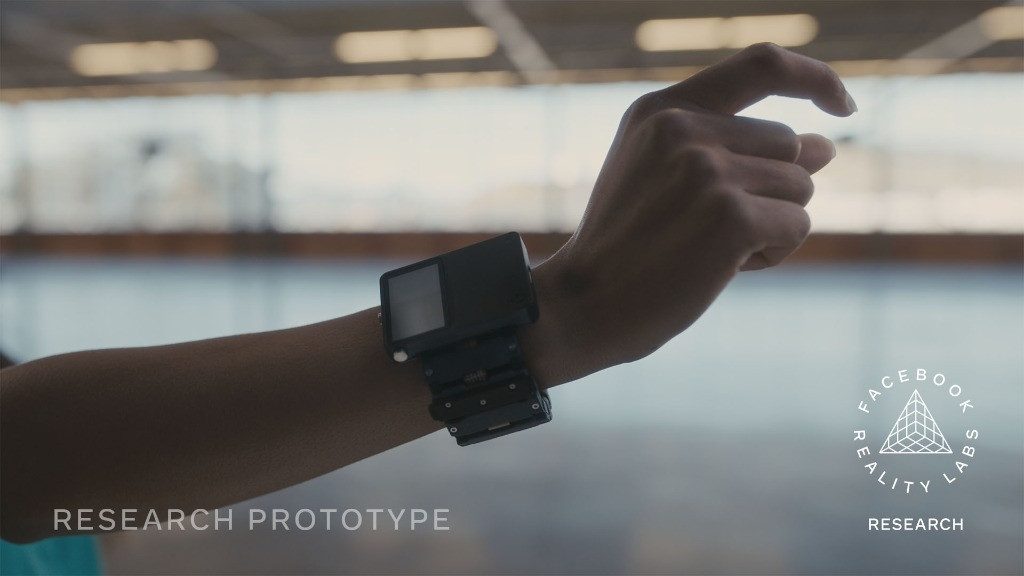Facebook Reality Labs has started to publish a series of articles on the future of forms of communication between humans and computers. In the first of them, entitled The Next Era of Human-Computer Interaction (The Next Age of Human-Computer Interaction), envision a future where we can use AR glasses with the power of a computer, the help of Artificial Intelligence and the ability to make the real world indistinguishable from the digital world.
That sounds like science fiction or long-term research, but Facebook’s laboratories are already working on more short-term human-machine interfaces, and they anticipate that next week they will share their progress in this field by presenting a AI wristband contextualized, usable but limited, capable of dynamically adapting to the user and their environment. In addition, later they will reveal their advances in robotics for the construction of wearable devices that can be worn comfortably all day and will show your progress in developing a pair of haptic gloves
In this week’s article, the chief scientist at Facebook Reality Labs (FRL), Michael Abrash, warns that augmented reality is a great challenge because it represents a total paradigm shift in the way human beings interact with computers, because if we are going to wear AR glasses all day, they have to be able to work like our own mind, sharing information and acting when we want it without hindering our activities.
–
For augmented reality to become truly ubiquitous, you need low-friction, always-on technology that is so intuitive to use that it becomes an extension of your body. That is very far from the current situation. So we have to invent a completely new kind of interface, one that puts us at the center of the computing experience, “says Michael Abrash.
–
This AR interface will have to be proactive rather than reactive, capable of turning intention into action and allowing us to be present with those around us, not isolating ourselves from them. In addition, it will have to be socially acceptable in all aspects: safe, private, discreet, easy to learn, easy to use and comfortable: AR glasses must be able to be worn all day without any effort.
 –
–
The two pillars to develop this are, first, the development of Custom AI’s, that are adapted to the needs of the user and the circumstances of the environment; second, the creation of natural methods to provide information to the system: voice commands, hand gestures, menus that are displayed with the eye, neural interfaces or wristbands with electromyography (EMG), capable of detecting and interpreting the electrical signals of our body.
Precisely a prototype of that EMG wristband will be what they will show next week, one of the first portable devices, comfortable to wear and with Artificial Intelligence developed by Facebook Reality Labs.
–
:quality(80)/cdn-kiosk-api.telegraaf.nl/2ec8972e-8107-11eb-87bc-0255c322e81b.jpg)
